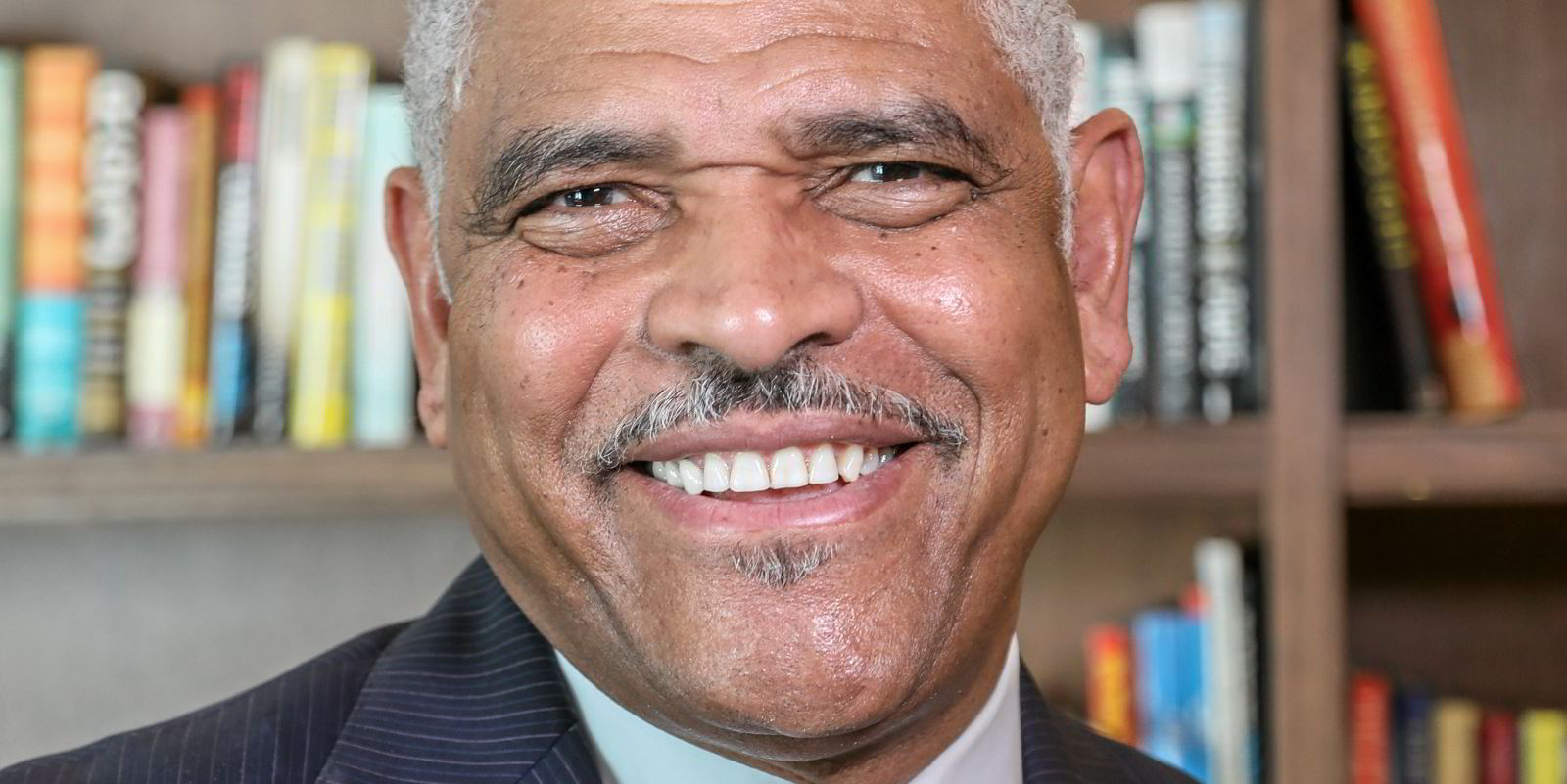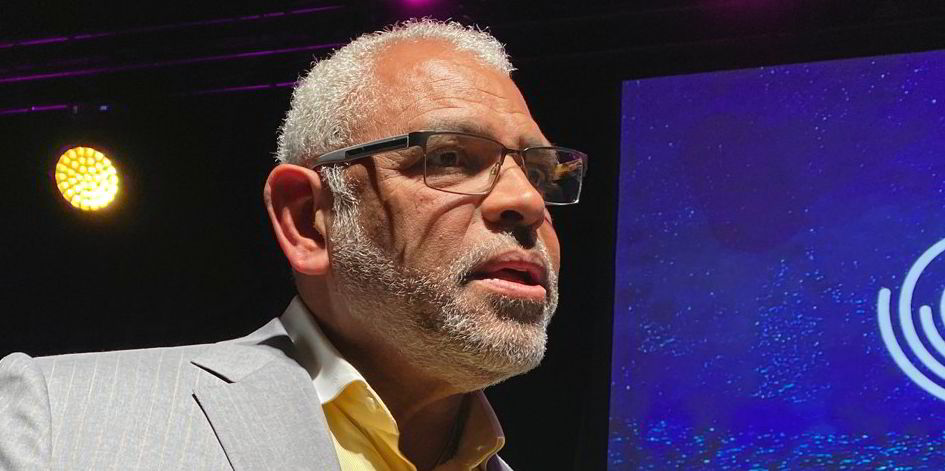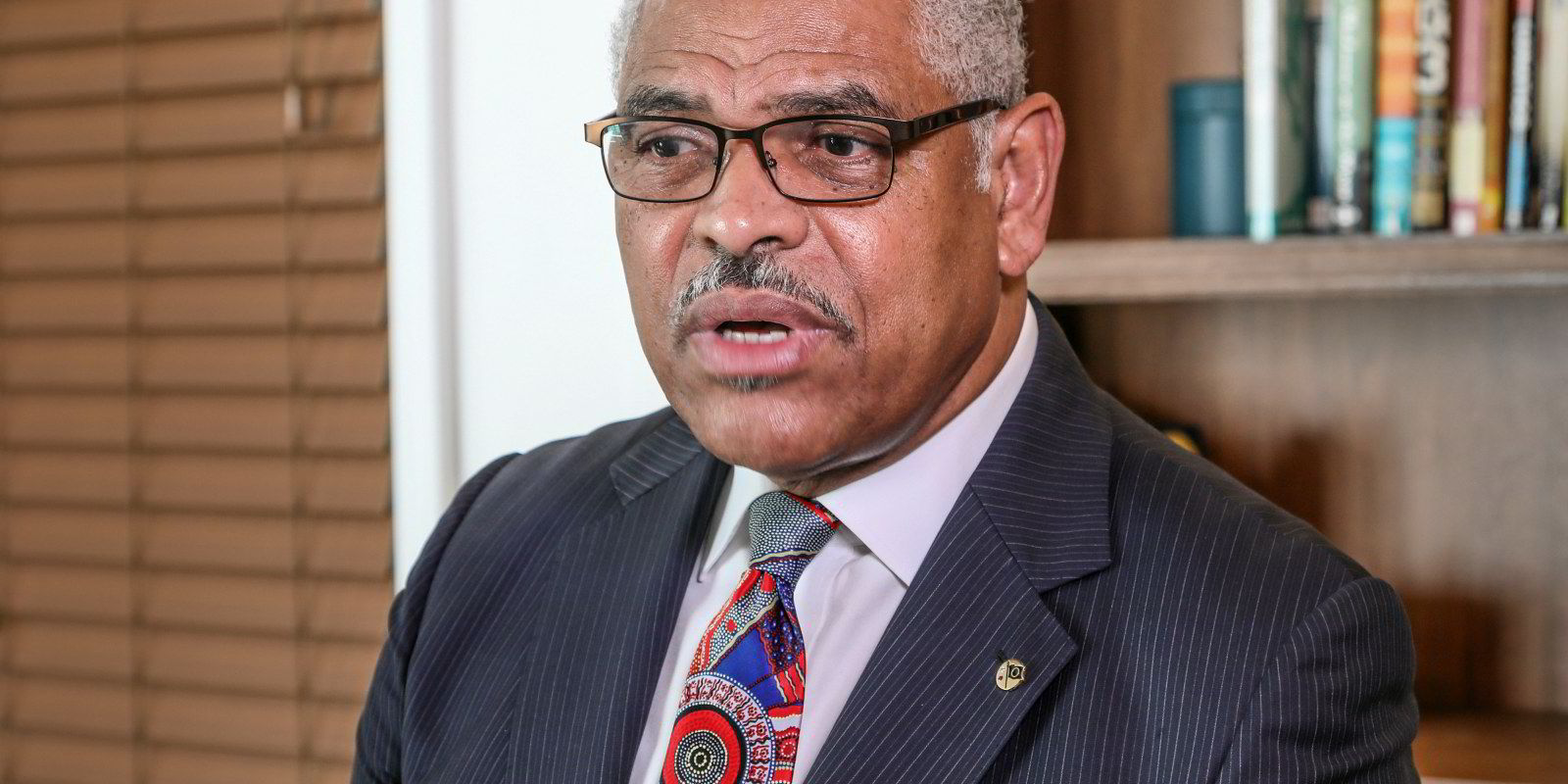When Arnold Donald took the reins at Carnival Corp in 2013 from Micky Arison, he had to pick up the pieces in the wake of the Costa Concordia disaster a year earlier.
Nine years later, the first person of colour to lead a major listed US shipping company leaves behind a very different operation.
Carnival generated stellar financial results as it bestrode the market, before crashing to the brink of collapse as the Covid-19 pandemic brought the business to a standstill.
Having stepped down as chief executive in August and handed over to Josh Weinstein, Donald now leaves the board at the end of November. He will continue as a consultant on a $1m annual salary.
The 67-year-old would have wished to leave the company in better shape, but fate is a hard taskmaster.
He kept Carnival intact through the pandemic, but the company took the biggest beating on Wall Street, in comparison with peers Royal Caribbean Group and Norwegian Cruise Line Holdings.
Carnival’s stock has plummeted more than 80% since March 2020, while Royal Caribbean fell 72% and Norwegian 60%.
Carnival shares now trade below $10, valuing the company at $11.6bn. It is a shadow of the $50bn-plus valuation on shares worth more than $70 touched in early 2018, before the pandemic.
Expensive bonds sold to keep the company afloat during the lockdown saw its debt pile reach $35bn in early September. The sale and scrapping of 20 of its oldest ships reflected the desperation.
“They had a good run and then of course the pandemic came and that decimated the cruise industry more than any other industry,” said Tigress Financial Partners analyst Ivan Feinseth.
“They did everything to stay afloat — issuing debt and having to furlough the ships and the crew and wait to come back.
“Arnold did a great job and I think what he did really helped the company.”
Before the pandemic, Donald transformed a cumbersome entity of nine disjointed cruise brands that was losing market share into a streamlined, well-marketed earnings machine that capitalised on synergies and untapped market potential to earn as much as $3.2bn in profit in 2019.
“I think he really galvanised the company in a difficult time,” Feinseth said.
Donald, who had been on Carnival’s board since 2009, previously held several executive positions with St Louis agrichemical company Monsanto.
He then joined a group of investors and bought Monsanto’s Equal sugar substitute and formed Merisant Co, where he was chief executive until 2003.
He retired as chairman of that company in 2005 at 51 and owned a minor-league baseball team for about a decade before becoming Carnival chief executive.
“During the global pandemic, he set out a course that carried us through difficult times,” Roger Frizzell, Carnival’s chief communications officer, who is also stepping down, told TradeWinds.
“Arnold is always calm under pressure.
“He is a people person, and everyone loved working for him. He always set the bar high for all of us — including himself — but jumped in with both feet to help each of us to achieve our goals.”
From New Orleans’ Ninth Ward
Donald came from humble beginnings, having grown up in New Orleans’ impoverished, crime-ridden Ninth Ward as the youngest of five children during the 1950s in the deeply segregated South.
He attended the highly regarded St Augustine High School, an all-boys Catholic school, where he played saxophone for St Augustine’s Marching 100, one of the nation’s best marching bands.
He earned two undergraduate degrees, from Carleton College in Northfield, Minnesota, and Washington University in St Louis, Missouri, before attaining a master’s degree in business administration in 1980 from the University of Chicago’s Booth School of Business.
His years of schooling and business success helped him to excel at Carnival, but he credits workforce diversity as the leading cause of the company’s prosperity.
“It’s critically important,” he told TradeWinds in 2018.
Before joining Carnival, he was chief executive of the Executive Leadership Council, a professional network of African-American executives of major US companies, from 2010 to 2012.(Copyright)





